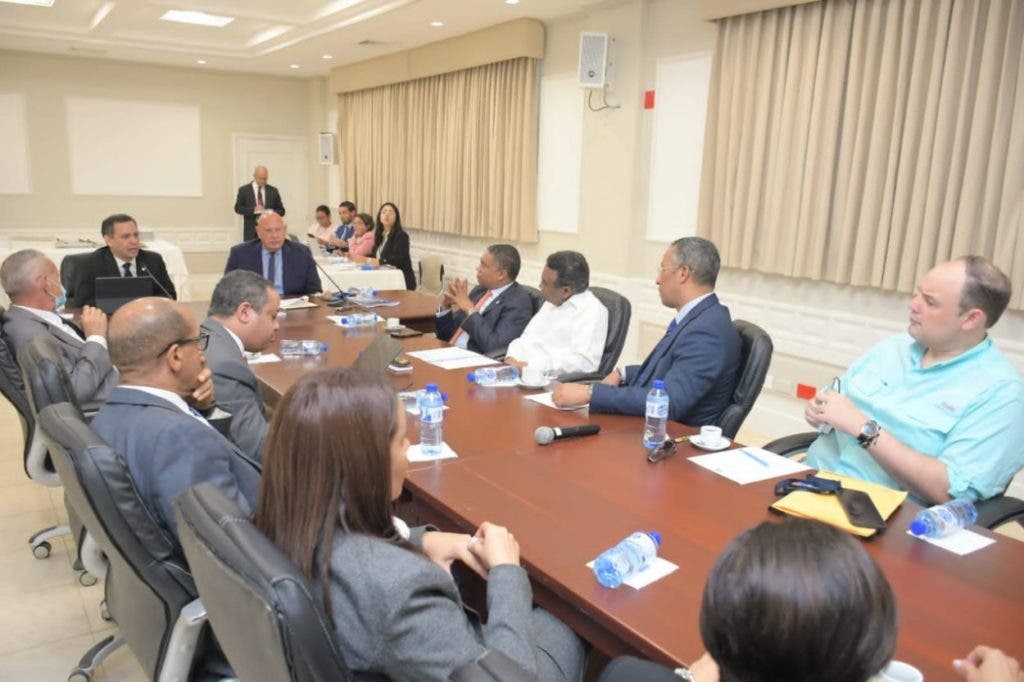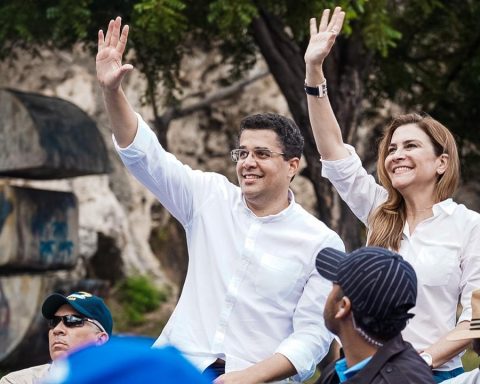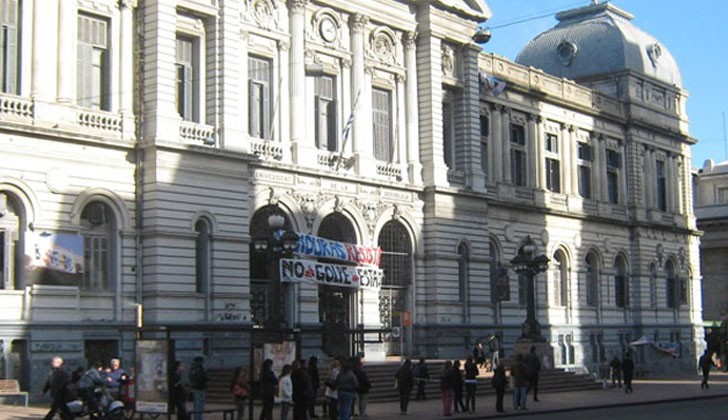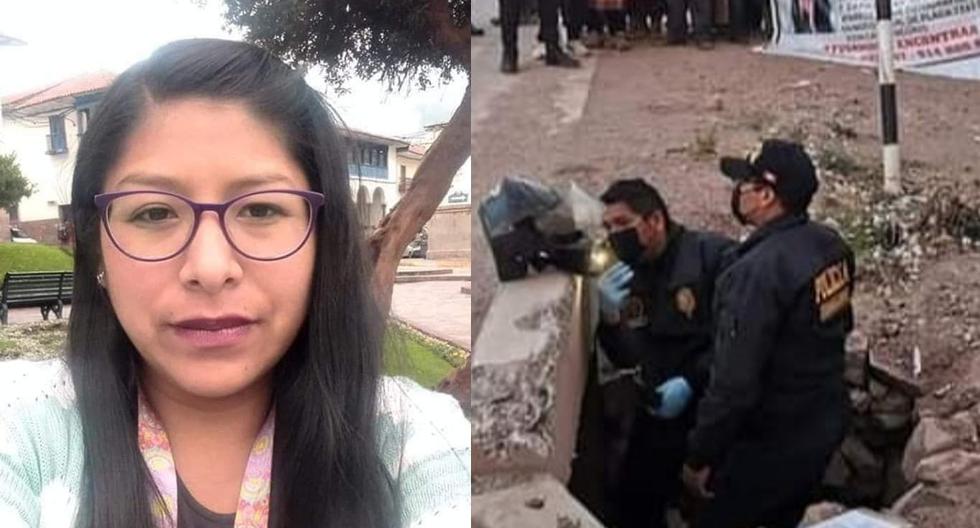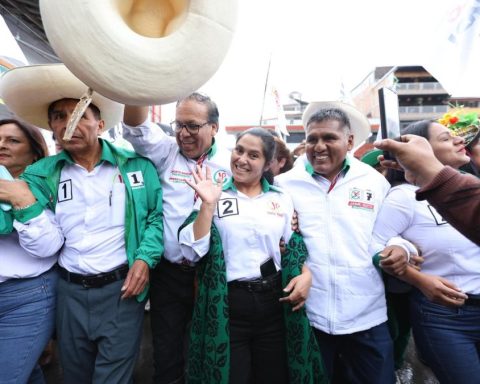Santo Domingo.- The president of the Supreme Court of Justice (SCJ), magistrate Luis Henry Molina Peña, described this Wednesday the project to modify the Law on Cassation Procedure as the second with the greatest impact for the Judiciary, which he assured will contribute with up-to-date justice to guarantee the dignity of people.
Molina Peña offered the information during a meeting between the members of the SCJ Legislative Agenda commissions and those of Justice and Human Rights of the Senate, in which they socialized the project authored by Senator Dionis Sánchez.
The commissions were headed by Molina Peña; and Pedro Manuel Catrain Bonilla, president of the Justice Commission of the Senate.
You may also like: They raise an appeal against Law 491
During the meeting, the president of the SCJ proposed that future meetings be held in conjunction with the Justice Commission of the Chamber of Deputies, to discuss the agenda of legislative changes for the Judiciary.
“Another project that is also of great importance to us is the Law for the Simplification and Dejudicialization of Administrative Procedures. We want a Judicial Power to which people go to resolve conflicts, not one that complicates or bulks up administrative procedures,” Molina Peña said.
The presentation of the points proposed by the SCJ for the reform of the Cassation Procedure Law was made by Judge Napoleón Estévez Lavandier, judge of the first chamber of the Supreme Court of Justice and member of the Legislative Agenda Commission of the high court, who highlighted the benefits and novelties of the project, which he said will come to eliminate points that are obstacles for the Dominican justice system and cause delays in the ruling of appeals.
He stated that this Law is eminently necessary for the justice system, because it regulates the Supreme Court of Justice as a court of cassation. He indicated that the current Law dates back to 1953, 69 years ago, and that the new project completely reorganizes the appeal.
He explained that the SCJ, with the current Cassation Law, is used as a shield for the reckless litigant and the recalcitrant debtor, whose inaction in the cases that recur causes the SCJ archives to be filled with files without the possibility of being ruled by the inactivity of the parties.
“We have tried in the Supreme Court of Justice to overcome this inactivity, but the Law does not allow it because it puts its movement in the hands of the parties, the project eliminates that so that the SCJ can activate and direct the appeals in a timely manner. and without the parties having full control,” he said.
He concluded by pointing out that the project covers the cassation and its effects in all its extension, outlines who are those who have the quality to appeal and establishes that the terms be calculated in business days, not frank as currently provided by the Law of Cassation Procedure.
Among the points that were discussed at the meeting are the following: phase of admissibility of the appeal, where in addition to reviewing the formal aspects of the appeal, the evaluation of the appeal interest is included, which will allow the Supreme Court of Justice to determine if the appeal is relevant necessary to be known or if it is a case where there is constant jurisprudence.
The proposed amendment also suppresses the opinion of the prosecutor, except in those cases where a State institution appears or the Supreme Court deems it necessary and also establishes as a new power of the Supreme Court to issue direct decisions that fail the merits and definitively conclude the case. .
The project also regulates the non-suspensive nature of the cassation appeal, the form of the writings, deposit and processing of the cassation appeal and suppresses the writ of summons.
Also present at the meeting were the members of the SCJ’s Legislative Agenda Commission, Justices Justiniano Montero Montero and Rafael Vásquez Goico. Judge Alexis Read, president of the Third Chamber of the SCJ, and judges Vanessa Acosta, of the First Chamber, and Nancy I. Salcedo, of the Second Criminal Chamber, also attended. In addition, César García Lucas, general secretary of the Supreme Court of Justice; Javier Cabreja, general coordinator of Communications and Public Affairs; and Rosaura Quiñones, Director of Public Policy Analysis.
Also present on behalf of the Senate Justice Commission were Aris Lorenzo Suero, Vice President; Dionis Sánchez, secretary and author of the project; José Manuel Del Castillo Saviñón, Milcíades Franjul, Félix Bautista Rosario and Faride Raful, members.
